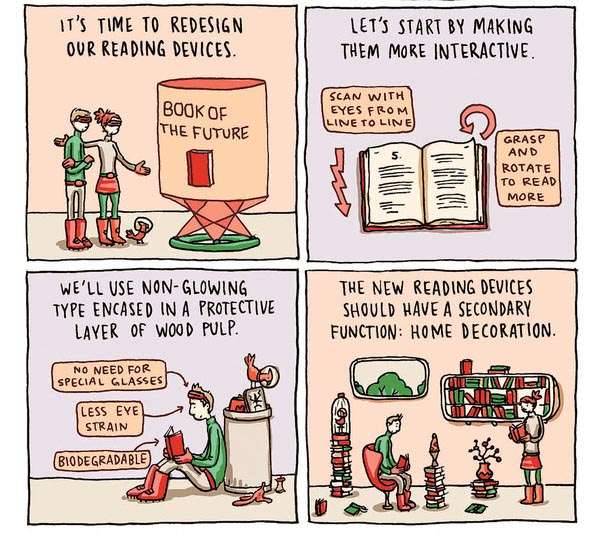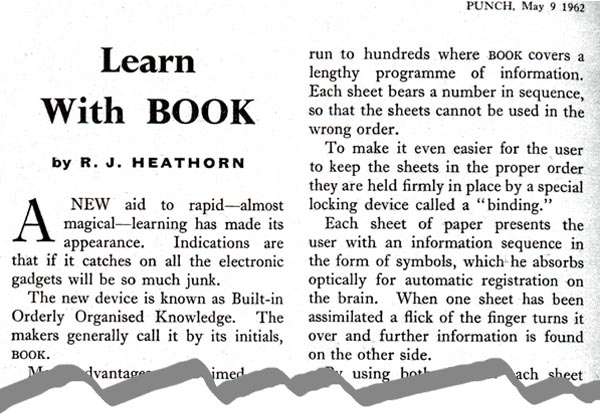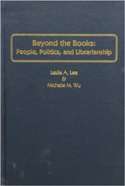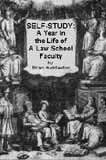The March/April 2012 issue of American Libraries Magazine had this cartoon:


If you’ve been around librarianship, or interested in books and book- and information-related technologies, for a while, you realize both of these touch on familiar themes and have a common antecedent, which you’re probably also familiar with. It’s a widely-circulated bit of humor, which typically starts off something like this:
Introducing the new Bio-Optical Organized Knowledge device, trade named B.O.O.K.But if you’ve been interested in these sort of issues for a really long time - say, twenty years or more - back before there were so many possible outlets on-line for this type of humor, you probably remember that whenever someone forwarded a version of this to a listerv or usenet group someone would usually point out that the original version of this piece was published in some humor magazine way back when.
BOOK is a revolutionary breakthrough in technology; no wires, no electric circuits, no batteries, nothing to be connected or switched on. It's so easy to use, even a child can operate it. Compact and portable, it can be used anywhere -- even sitting in an armchair by the fire -- yet it is powerful enough to hold as much information as a CD-ROM disc.
I couldn’t remember the source, and it took a bit of poking around and looking at different version of this piece, but I found it and, as the subject of this post indicates, yes, the original is 50 years old today. In its May 9, 1962 issue, Punch, a now-defunct British humor magazine, carried R. J. Heathorn’s essay “Learn with BOOK”:

The Internet Archive and other sources have parts of Punch digitized and freely available, but mainly the 19th century and early 20th century stuff, and I couldn’t find a copy of the original on-line so, in commemoration of the 50th anniversary of this piece, here it is in its entirety:
Fifty years. This gives you a idea of just how long the promise of some new device replacing the book has been a wet dream of technological prognosticators. And those two recent cartoons, and how widely-circulated all the variations of Heathorn’s original essay still are today, all indicate how many people still feel we have a good ways to go to realize such prognostications, and that print books will still be around for a long, long time.




2 comments:
Apprreciate your blog post
It's fascinating to see how this humorous concept about replacing the book has persisted over decades.
Post a Comment